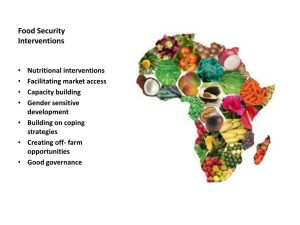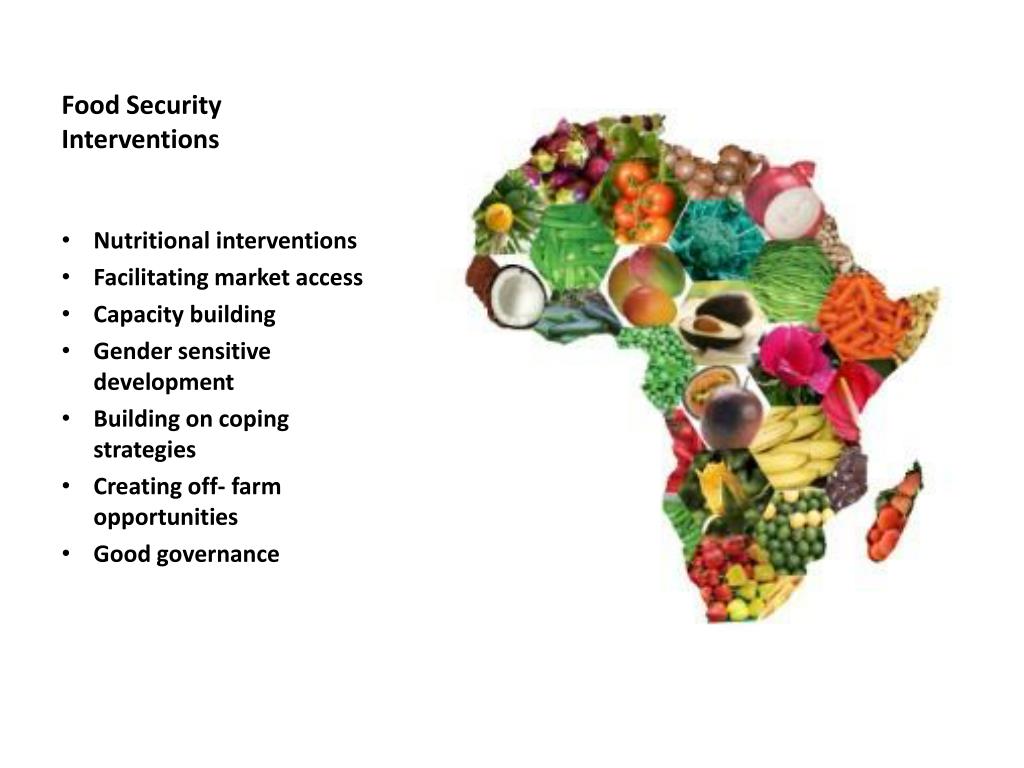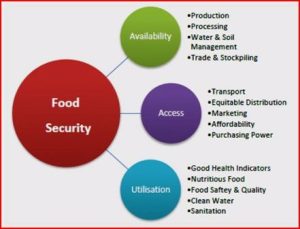Introduction
Food security, the bedrock of a prosperous society, is a global challenge influenced by an intricate web of factors. While our world is capable of producing enough food, it is not immune to the formidable challenges that threaten its equitable distribution and availability. In this article, we will embark on a journey through the labyrinth of food security, exploring the major challenges posed by hunger, poverty, climate change, and food waste. In understanding these challenges, we pave the way for a more resilient and nourished future.

1. The Persistent Specter of Hunger
Hunger, the most glaring challenge to food security, is a stark reality for millions worldwide. Despite global agricultural advancements, an estimated 9.2% of the world’s population remains undernourished. This challenge is exacerbated by poverty, as those living in extreme poverty often struggle to access sufficient and nutritious food.
2. Poverty: A Root Cause of Food Insecurity
Poverty, intertwined with food security, is both a cause and consequence of hunger. The impoverished lack the means to buy or produce food, perpetuating a vicious cycle. Addressing poverty through economic development, education, and social support is fundamental to achieving food security.
3. Climate Change: A Disruptor of Agricultural Systems
Climate change presents a formidable challenge to food security. Extreme weather events, rising temperatures, and shifting precipitation patterns can disrupt agricultural systems. Adaptation measures, sustainable farming practices, and resilient crop varieties are vital to counteract climate-related challenges.
4. Food Waste: Squandering Resources and Nutrition
Food waste is a global scandal, with approximately one-third of all food produced for human consumption going to waste. This challenge not only squanders precious resources but also deprives many of adequate nutrition. Reducing food waste through improved supply chains, consumer education, and innovative storage solutions is crucial.
5. Unequal Access to Resources
Food security is further complicated by unequal access to resources. Land tenure, market access, and credit availability are often distributed unevenly, limiting the potential of smallholder farmers, who play a vital role in global food production.
6. Conflict and Instability
Conflict and political instability disrupt food systems, exacerbating hunger and malnutrition. In regions affected by conflict, humanitarian efforts are often the only lifeline for populations in need. Sustainable peace and diplomatic solutions are necessary for long-term food security.
7. Gender Disparities
Gender disparities in agriculture and resource access persist in many parts of the world. Empowering women in agriculture and addressing gender-based inequalities are critical steps toward improving food security.
8. Urbanization and Changing Diets
Rapid urbanization and changing dietary patterns contribute to food security challenges. As populations shift to urban centers and adopt diets high in processed foods, the demand for resource-intensive products increases. Balancing urbanization with sustainable food production is a significant challenge.
9. Policy and Governance
Effective policies and governance are paramount in addressing food security. Transparent and equitable agricultural policies can help smallholder farmers and ensure fair access to resources and markets.
10. The Path to Resilience
To address these multifaceted challenges to food security, a holistic approach is required. Key strategies include:
- Investing in Sustainable Agriculture: Promoting sustainable farming practices that enhance productivity while minimizing environmental impact.
- Enhancing Social Safety Nets: Expanding social safety nets to protect vulnerable populations from food insecurity during times of crisis.
- Strengthening Climate Resilience: Investing in climate-resilient agriculture, crop diversity, and improved water management to mitigate the effects of climate change.
- Tackling Food Waste: Implementing policies and educational campaigns to reduce food waste and enhance resource efficiency.
- Empowering Smallholders: Ensuring that smallholder farmers have equitable access to resources, markets, and knowledge.
Image By: https://1.bp.blogspot.com
Conclusion
Food security is a complex tapestry woven with challenges, but it is also a realm where resilience, innovation, and global cooperation hold the key to transformation. Hunger, poverty, climate change, and food waste are interconnected challenges that require multifaceted solutions. By addressing these challenges through sustainable agricultural practices, equitable resource access, and policy changes, we pave the way for a nourished and prosperous future. Food security is a challenge we must confront with urgency and determination, for it holds the promise of a world where all can enjoy the benefits of safe, nutritious, and abundant food.





